Ruth
$25.99
Introduction
1. A Dialogue Of Determination
2. Terms Of Endearment
3. A Cloaked Covenant
4. A Dialogue Of Identity
Conclusion
Additional Info
from the Introduction:
Described by Goethe as “the most charming little whole” of antiquity, Ruth has long been recognized for its literary quality. This beautifully composed narrative continues to attract readers across generations and boundaries of gender, class and ethnicity. In fact, the beauty of the book often distracts from the practical nature of the narrative. For all of its appeal, Ruth is, after all a story about family and survival. The marriage between Ruth and Boaz is a levirate marriage. The goal of this practice is to ensure the continuation and stability of the family line. Thus this “charming little whole” has as its subject preservation of life in the face of death and upholding memory to ward off the loss of identity.
This story of survival is short; it consists of four chapters with elements of loss and recovery; famine and harvest, barrenness and fruitfulness, life and death. These elements afford the book a broad appeal as it speaks to various stages and seasons of life, all the while upholding the power of faithfulness against an ever-changing backdrop. Named after one of the major characters, the book of Ruth tells the story of Naomi of Bethlehem and her family “in the days when the judges ruled.”
…So much of what happens in Ruth happens where no one can see. Ruth binds herself to Naomi in the “in between place” of Moab and Judah. No one is there to witness it. Similarly, Ruth asks Boaz for redemption in the middle of the night when we presume everyone else is asleep. These events allow for the inclusion of Ruth as Boaz’s people, first as a gleaner and then as a wife. The pattern of what happens away from our observation and then bursts forth where we can see it draws on the images of planting and harvest, conception and birth. On a theological level, it suggests that even in the famine times, God is planting seed, preparing for the next harvest, even when we cannot see it. We must assume then, that whatever we know or recognize about the work of God is only a small piece of the larger whole. We cannot know it all.
in stock within 3-5 days of online purchase
SKU (ISBN): 9781426746253
ISBN10: 1426746253
Judy Fentress-Williams
Binding: Trade Paper
Published: June 2012
Abingdon Old Testament Commentaries
Publisher: Abingdon Press
Print On Demand Product
Related products
-
Hollywood Commandments : A Spiritual Guide To Secular Success
$25.99DeVon Franklin, New York Times bestselling author of The Wait and prominent Hollywood producer, reveals that secular and spiritual success are not opposites. To have one, you need the other.
You can be wildly successful without losing your faith. In fact, your secular success will strengthen your faith if you allow it. Too often we believe that success in secular environments contradicts the core principles of faith, but the opposite is true: Your faith was designed to thrive in the secular world and to transform it as a result. You may never experience the true fulfillment you were created for until you pursue the secular ambitions in your heart.
New York Times bestselling author DeVon Franklin knows this to be true. In The Hollywood Commandments, the prominent Hollywood producer and spiritual success coach reveals 10 life-changing lessons picked-up from his over-twenty-year career in the entertainment business. You won’t learn these lessons in the church yet they will help you achieve an amazing life and thriving career that glorifies God. The Hollywood Commandments will help you:
–Identify how to use what makes you unique to propel your career.
–Overcome fear and build the courage to pursue new opportunities waiting for you.
–Gain the confidence to make important life decisions with greater peace and clarity.
–Negotiate the life and career advancement you deserve.No, you don’t have to work in Hollywood for this book to work for you, these “commandments” apply to every walk of life! If you are stuck, looking for the secrets to advance your career, or have a feeling there’s more to life, this book is for you.
Add to cart1 in stock
-
Drawing Pad : Available From Anchor
$4.99Games and Toys
Additional Info
This generously sized drawing pad provides a clean sheet for every creative whim. Premium white bond paper is ideal for pencils, crayons, markers, chalk, watercolor or poster paints.Add to cartin stock within 3-5 days of online purchase
-
Problem Of Pain
$17.99For centuries Christians have been tormented by one question above all — If God is good and all-powerful, why does he allow his creatures to suffer pain? C. S. Lewis sets out to disentangle this knotty issue but wisely adds that in the end no intellectual solution can dispense with the necessity for patience and courage.
Add to cartin stock within 3-5 days of online purchase

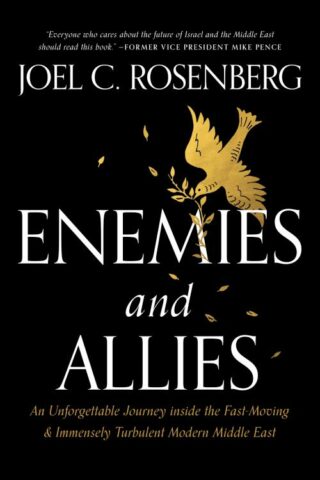
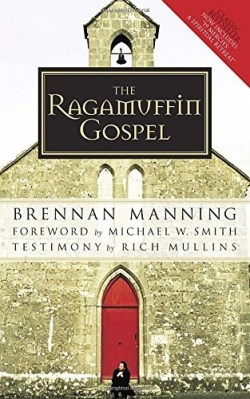
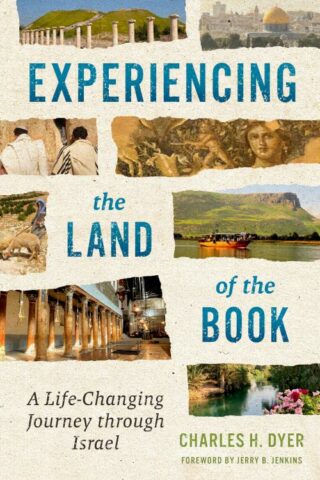
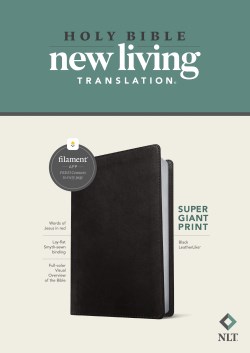

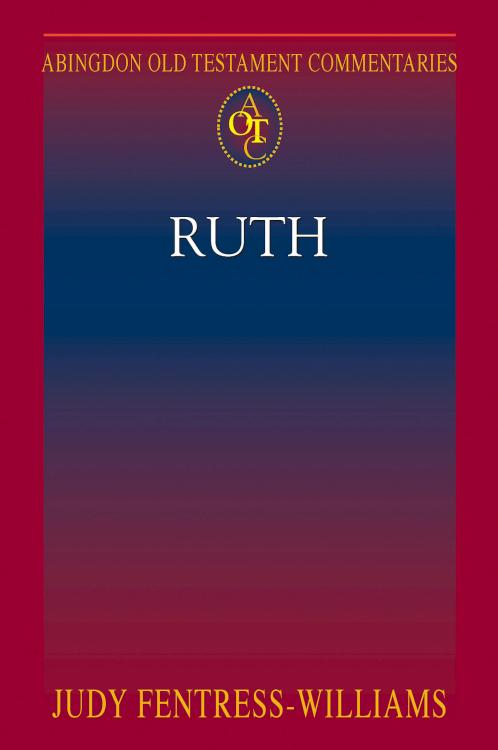



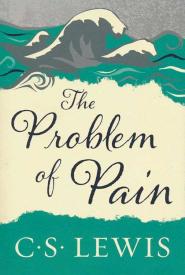



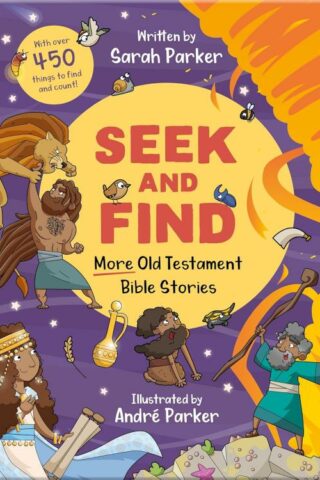
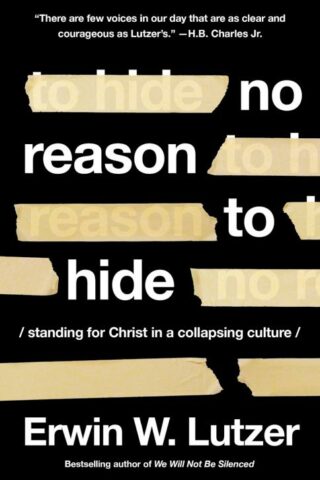
Reviews
There are no reviews yet.